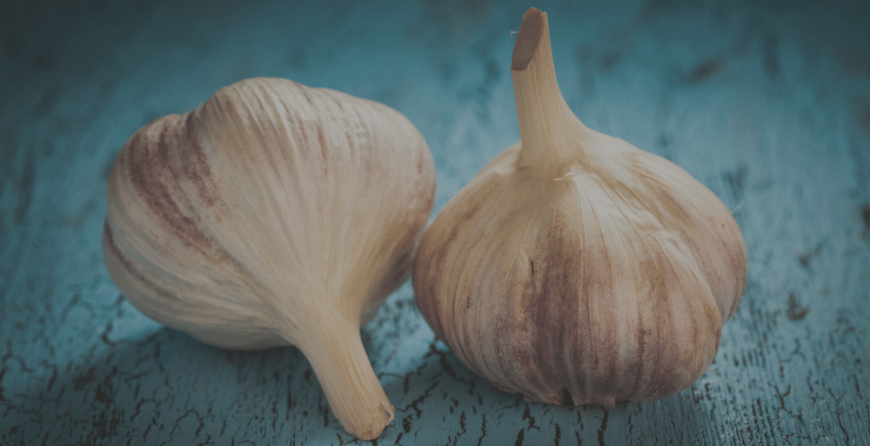 Preparation for planting
Preparation for planting
Preparation for Planting the Garlic starts at least a month before the fall for you to grow healthy plants. Soil needs to settle well. If the quality of the soil is not good, enough you will need to add organic matter and nutrients to improve the quality of the soil. The humus requires time to break down, and the nutrients also need to be released well into the earth.
Crop rotation
When it comes to setting up the garden, you need to take into account the need for crop rotation. This technique is necessary to keep the soil healthy and prevent it from being drained too quickly. Improper crop rotation will lower yields for subsequent years. Therefore, you cannot plant garlic in a field where you have garlic or any other crop of the same family in the previous season.
The soil
The soil is one of the most important parts of a successful, fruitful garden for your garlic. If your soil is rocky, full of clay, or depleted of enough nutrients, you will not have healthy plants.
Ensuring the soil is turned, loose and correctly aerated is just the start, and making sure a good balance with soil conditioners, nutrient elements, and fertilizers is crucial for flavorsome and healthy crops. The soil should also be well drained. The best soil for the garlic is the sandy loam that is well aerated, right nutrient composition as well drained.
Adding organic matter to your garden soil will add bulk which is needed for sandy soil, or will help with drainage if you have clay soil. It will can better moisture retention, help improve the ease in which soil can be tilled, and will add some nutrients to your soil.
Various types of organic matters will have certain functions in the soil. There those that will improve, moisture retention, add nutrients to the soil, add bulk to the soil and others.


